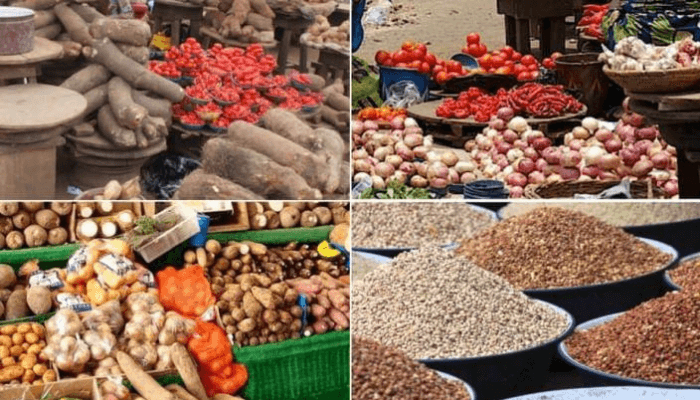President Bola Tinubu has given the green light for the implementation of a Zero per cent Duty Rate and Value Added Tax (VAT) exemption on specific essential food items.
Mr. Wale Edun, the Minister of Finance and Coordinating Minister of the Economy, confirmed this significant development.
The Nigeria Customs Service (NCS) also issued a statement, revealing that President Bola Tinubu has approved the implementation through the finance minister.
The Customs Public Relations Officer, Chief Superintendent of Customs Abdullahi Maiwada, has elaborated that the policy will be implemented from August 15, 2024 (Thursday) until December 31, 2024.
According to Maiwada, the primary objective of this initiative is to address the steep prices of food items in the market by enhancing the affordability of essential goods for Nigerians.
Maiwada reiterated that the program formed a vital component of the government’s comprehensive approach to confronting food security dilemmas and guaranteeing the availability of essential food items to all Nigerian citizens.
He underscored that although the short-term intervention is aimed to alleviate current challenges, it did not undermine the enduring strategies established to support local farmers and shield manufacturers.
The customs spokesperson emphasized that the new policy will primarily concentrate on tackling the shortage of essential supplies within the country.
Furthermore, he outlined the eligibility criteria for companies seeking to import basic food items duty-free.
According to the spokesperson, eligible companies must be registered in Nigeria, have a minimum of five years of operational history, have submitted yearly financial reports, and have consistently fulfilled tax and statutory payroll obligations over the past five years.
According to Maiwada, companies that want to import husked brown rice, grain sorghum, or millet are required to have a milling plant with a capacity of at least 100 tons per day.
This milling plant should have been in operation for at least four years, and the company should also have enough farmland for cultivation.
Similarly, for those importing maize, wheat, or beans, they must be agricultural companies with sufficient farmland or feed mills/agro-processing companies with an out-grower network for cultivation.
The list of essential food items that are eligible for the zero percent duty rate includes husked brown rice, grain sorghum, millet, maize, wheat, and beans.
According to the statement, the Federal Ministry of Finance will regularly provide the Nigeria Customs Service (NCS) with a roster of importers and their authorized quotas. This will help streamline the importation process of these crucial food items in accordance with the policy.
The policy stipulates that a minimum of 75 percent of imported items must be distributed through recognized commodities exchanges, and all transactions and storage must be meticulously documented.
Companies are required to maintain thorough records of all their activities, which may be requested by the government to ensure compliance.
If a company does not fulfill its duties as outlined in the import authorization, it will forfeit all exemptions and will be required to pay the relevant value-added tax (VAT), levies, and import duties, as stated by Maiwada.
He also mentioned that the same penalty applies if the company exports the imported items in their original or processed form outside the country.
He stated that the NCS under the leadership of Comptroller General of Customs, Bashir Adewale Adeniyi, strongly believes in supporting government policies to improve food security and economic stability.
The service is calling on all stakeholders to fully cooperate in implementing this initiative for the benefit of all Nigerians.



